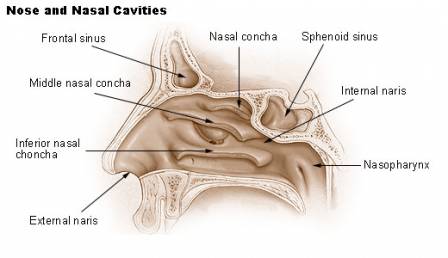Nasal ulcers, uncomfortable sores or wounds that form in the nasal passages, can be quite distressing. However, individuals experiencing this condition often ask, “Do nasal ulcers go away?“
Nasal ulcers are irritating sores that appear within your nose. They result from several factors, such as irritation from a cold, allergies, certain medications, or substances like alcohol and cocaine. Occasionally, they can be a symptom of a more serious medical condition like nasal or sinus cancer, so it’s crucial not to ignore persistent nasal ulcers.
Duration and Treatment of Nasal Ulcers
Typically, with proper treatment, most nasal ulcers heal and go away. The healing period can range from a few days to several weeks, depending on the cause and severity of the ulcer. However, if the sores persist for more than a few weeks, it is essential to seek medical attention.
In many cases, over-the-counter medications like saline nasal sprays, topical corticosteroids, or pain relievers can provide relief and help the healing process. It is also recommended to keep the nostrils clean and moisturized, avoid picking the nose, and stay away from irritants such as smoke and dust.
Table 1: Treatment and Duration of Nasal Ulcers
| Treatment Method | Duration |
|---|---|
| Over-the-counter medication | Varies |
| Nasal Sprays/Topical Steroids | Few days to several weeks |
| Keeping nostrils clean and moisturized | Ongoing |
In situations where an underlying medical condition is causing the ulcers, treating the primary condition may contribute to the resolution of the nasal ulcers.
Preventing Nasal Ulcers
There’s not a surefire way to prevent all nasal ulcers. However, by maintaining good nasal hygiene and avoiding irritating substances, people can hopefully minimize their risks. It’s also recommended to manage health conditions that might contribute to nasal sores, like allergies or nasal infections.
Nasal ulcers do generally go away with appropriate measures, but protracted cases necessitate medical intervention. It’s important not to overlook the symptoms and act promptly to avoid any potential complications.







